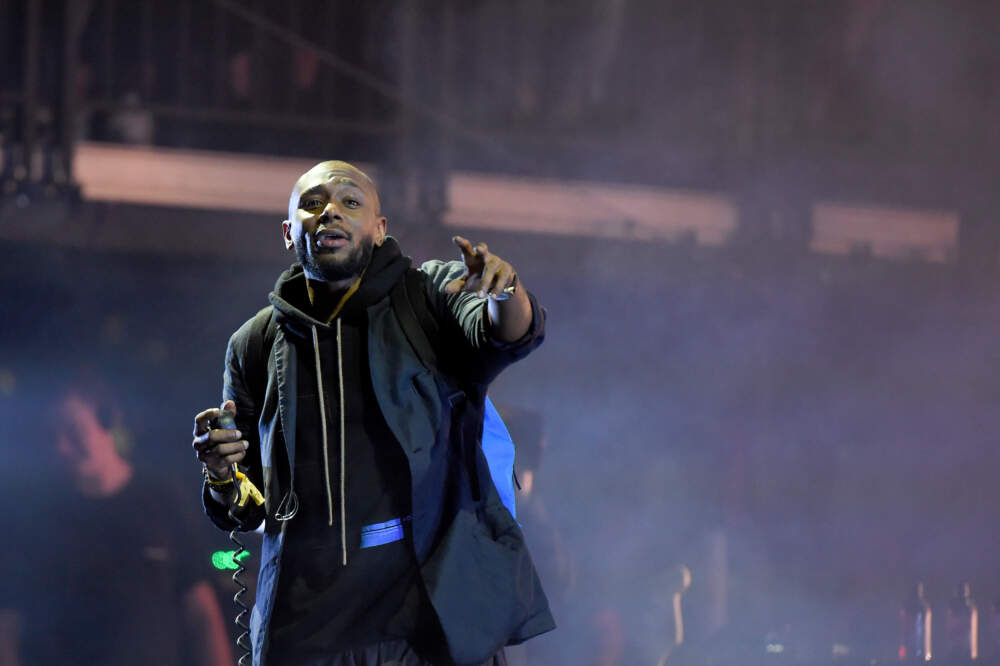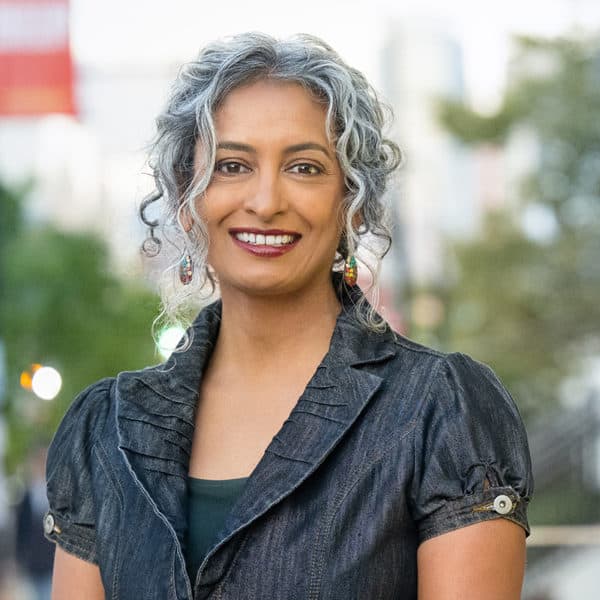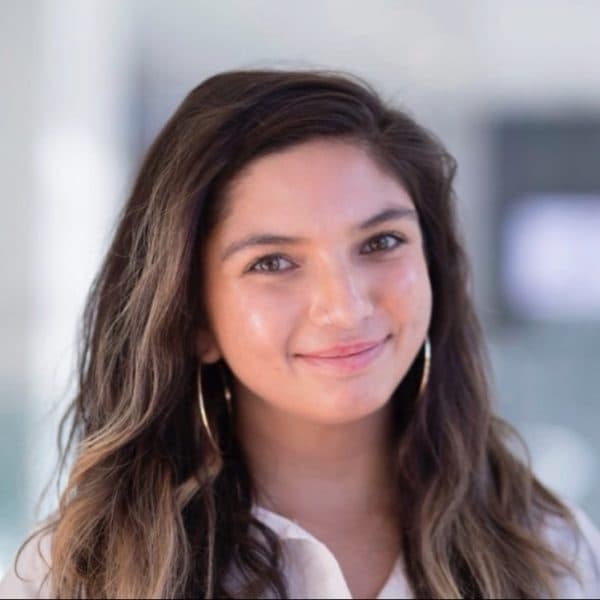Advertisement
Hip-hop and Black August: Benefit concerts for Black liberation, release of political prisoners
Resume
Hip-hop turns 50 years old this year, and in the 1990s it existed as the voice generation fighting for social change. Toward the end of the decade, organizers in New York and beyond started organizing hip-hop benefit concerts to advocate for Black liberation and the release of political prisoners.
The movement was dubbed Black August, and from that, a hip-hop concert series called the Black August Project sprung up, ideated at the 1997 World Festival and Conference of Youth and Students in Havana, Cuba. Two members of the Black Panther Party living in Cuba, Nehanda Abiodun and Assata Shakur, challenged attendees to use the power of hip-hop to connect to the lives of exiled or imprisoned activists.
Festival attendees Clyde Valentin and Kofi Taha took that challenge and birthed the idea for the Black August Project. Its goal was to use hip-hop music to raise cultural consciousness. The concert series featured performances by hip-hop artists who also spoke out about and raised money to address social causes like releasing incarcerated organizers and the Haitian Revolution.
Hip-hop music has evolved significantly over the years, but Black August Hip-Hop Project original organizers Clyde Valentin and Kofi Taha say that the liberatory essence of the genre has remained the same.
“You always find powerful messages, powerful truth-telling,” Taha says. Whenever there's truth-telling, that is where you will find the potential for organizing and the potential for liberatory work.
3 questions with Clyde Valentin and Kofi Taha
What is the importance of August to Black liberation?
Taha: “I have to begin with the Black August tradition that started as a way to commemorate the murder of George Jackson. Other incarcerated people wanted to use the month of August as a time to study, to fast, to pray and to organize.
“Part of what they understood was that a lot of things happened in the month of August. Liberation movements began. The Haitian Revolution was kicked off in August. Marcus Garvey was born in August. That is how it began as a way for people to think about how to participate in the liberation of black people.”
What was a Black August concert like?
Valentin: “They were fun and educational because there was always a moment in the show where we would stop to remind the audience of why we were actually here.
“The fact that the artists were donating their time, that we were raising money to support political prisoners and their liberation. But we were also looking to just raise our consciousness as a generation.
“The concerts were always a giant love fest full of joy, but they were also about recognizing where we were at that time. Which isn't very different than this time.”
Can you explain what a political prisoner is?
Taha: “Political prisoners are people who were deeply involved in organizing work in their communities. They were thinking about housing and education and access to employment opportunities. There are all kinds of ways in which people were actively trying to improve the conditions of people living in their communities.
“So, these folks became the targets of well-documented programs, the counterintelligence program of the FBI, and local police. Many people had to go underground. Others, in the process of trying to continue their work, ended up being incarcerated.
“Their primary reason for being in prison had to do with their political engagement. And the purpose of locking them behind bars and behind prison walls was to disconnect them from their communities.
“Part of what we were being asked to do was to use the uniquely powerful form of hip-hop storytelling to make people who were supposed to be invisible to the community now visible to the community.”
Why is hip-hop the genre to get this movement across?
Taha: “One of the challenging things of this moment where we're celebrating the 50th year of hip-hop is that there is no one hip-hop.
“There is an absolutely true version of hip-hop that is the product of all of America's values: Deeply capitalistic, deeply materialistic, deeply misogynistic. But then there's always been another piece of this story, which comes from budget cuts and no art programs and young people saying, ‘Well, we have a voice.’
“Creative self-expression always gives the radical possibility and radical imagination that we need.”
Valentin: “We always understood the culture to be larger than just rap music. We were interested in telling various stories in and around and related to social justice.”
Click here to see a documentary about the Black August Hip Hop Benefit Concert series.
Gabrielle Healy produced and edited this interview for broadcast with Catherine Welch. Grace Griffin adapted it for the web.
This segment aired on August 25, 2023.

